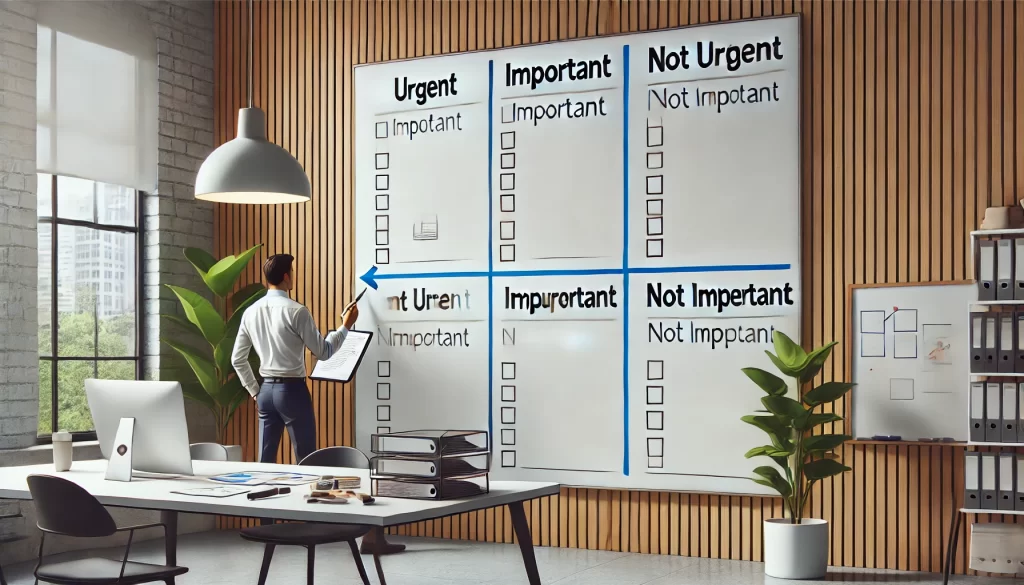The Art of Balancing Work and Personal Life: Strategies for Sustaining a Well-Rounded Existence
In the contemporary era, characterized by relentless professional demands and rapid technological advancements, achieving equilibrium between work and personal life presents a nuanced challenge. This balance is not merely aspirational but vital for physical health, mental resilience, and long-term fulfillment. The following discourse explores evidence-based strategies and theoretical frameworks to help individuals navigate the intricacies of modern life with poise and intentionality.
1. Establishing and Maintaining Definitive Boundaries
Boundary-setting forms the cornerstone of work-life balance. Conceptualizing boundaries as dynamic yet firm constructs enables individuals to delineate professional responsibilities from personal obligations effectively. Clearly articulating work hours and rigorously adhering to them not only bolsters productivity but fosters mutual respect among colleagues and family members.
Scholarly Insight: Empirical studies suggest that physical demarcation—such as maintaining a dedicated workspace—facilitates cognitive separation between professional and personal roles, thereby reducing role conflict. Incorporating elements such as biophilic designs into the workspace further enhances mental clarity and overall performance.

2. Prioritization and Strategic Delegation
Prioritization, grounded in the Pareto principle, underscores focusing resources on high-impact activities. Concurrently, delegation leverages collective capacities, redistributing workloads to maximize efficiency and outcomes. Frameworks such as Eisenhower’s Urgent-Important Matrix offer structured approaches to task management.
Practical Application: Digital platforms like Trello, Asana, or Notion serve as invaluable tools for delineating objectives, monitoring progress, and ensuring accountability. Periodic reviews of task alignment further enhance strategic goal achievement.
3. Integrating Structured Self-Care
Deliberate self-care transcends leisure, serving as a critical determinant of psychological well-being. Tailoring self-care activities to individual preferences—whether through mindfulness practices, recreational pursuits, or fitness regimens—counterbalances occupational stressors and promotes holistic health.
Implementation Strategy: Incorporate self-care into formal schedules using techniques such as time-blocking. Behavioral science emphasizes the efficacy of positive reinforcement systems in maintaining consistency within self-care routines.
4. Advancing Mindfulness Practices
Mindfulness, defined as cultivating present-moment awareness without judgment, offers significant benefits, including enhanced cognitive flexibility and diminished stress reactivity. Neuroscientific research reveals mindfulness’s role in modulating neural pathways central to emotional regulation and executive functioning.
Recommendation: Initiating daily mindfulness exercises—such as focused breathing or guided meditation—can establish equilibrium. Applications like Insight Timer or Calm provide personalized options to seamlessly integrate mindfulness into daily routines.
5. Exercising Discernment in Commitments
The capacity to decline non-essential demands is an essential skill for preserving balance. Frameworks such as decision matrices can help evaluate the alignment of commitments with personal and professional aspirations.
Suggested Approach: Employ diplomatically phrased refusals to safeguard time and bandwidth. For instance, statements like, “While I deeply value this opportunity, my current commitments preclude my involvement,” reflect professionalism and authenticity.
6. Cultivating Relational Capital
Interpersonal relationships constitute the bedrock of social well-being. Positive psychology research highlights the robust correlation between meaningful connections and life satisfaction. Consequently, nurturing these relationships should be a central focus in any work-life balance strategy.
Best Practices: Schedule recurring engagements, such as weekly family dinners or collaborative leisure activities, to strengthen bonds. Leveraging digital platforms ensures connectivity, particularly for geographically dispersed relationships.
7. Adapting to Dynamic Circumstances
Flexibility, conceptualized as cognitive and behavioral adaptability, is indispensable for navigating life’s inherent unpredictability. Resilience theories suggest that adaptability mitigates the adverse effects of unforeseen disruptions, transforming challenges into growth opportunities.
Perspective: Reframe disruptions as experiential learning moments. For example, unscheduled downtime can be used to pursue creative endeavors or engage in self-reflection, fostering adaptability and self-efficacy.

8. Leveraging Technological Resources
When judiciously applied, technology is a powerful enabler of efficiency and organization. Tools like automated scheduling systems, cloud-based collaboration platforms, and data visualization software exemplify the utility of technology in modern professional environments.
Cautionary Note: Overreliance on digital devices risks encroaching on personal time. Implementing structured “digital detox” intervals mitigates this risk, preserving cognitive bandwidth for meaningful engagements.
9. Engaging Professional Expertise
For individuals facing persistent imbalances, consulting professionals such as organizational psychologists or career coaches can yield transformative insights. These experts offer evidence-based strategies to recalibrate priorities and optimize work-life integration.
Resource Allocation: Seek credentialed practitioners who specialize in relevant areas of need. Many professionals now provide virtual consultations, enhancing accessibility and convenience.
Conclusion
Balancing work and personal life extends beyond mere time allocation, embodying instead a comprehensive alignment with intrinsic values and aspirations. Implementing strategies such as boundary-setting, mindfulness, and relationship cultivation equips individuals to construct resilient frameworks for sustained well-being.
Achieving equilibrium requires adaptability and perseverance, yet the rewards—a harmonious and fulfilling life—are immeasurable. Through deliberate action and introspective evaluation, individuals can confidently navigate the complexities of modern existence, transforming the pursuit of balance into a deeply enriching journey.




